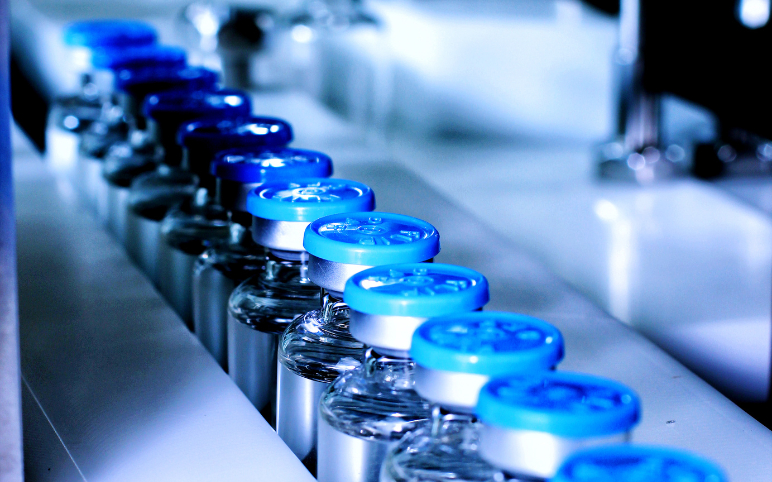Trial failure for Xarelto in clot prevention, Bayer says its won’t affect sales
German pharma giant Bayer announced that it has stopped a trial of Xarelto in the secondary prevention of stroke and embolism for lack of efficacy, but Bayer who markets in partnership with Johnson & Johnson says that the demise of the trial would not affect its sales estimates for Xarelto. The product has formidable rivals in Eliquis from Pfizer and Bristol-Myers Squibb and Boehringer Ingelheim’s Pradaxa, with BI boasting the advantage of having an approved product that can be used alongside it in cases of uncontrolled bleeding. However, one of the reasons Bayer may be so confident about hitting that $5.3 billion peak sales goal for Xarelto is that it did chart one piece of good research news recently. At the European Society of Cardiology meeting in August, Bayer and J&J released data showing that Xarelto paired with aspirin slashed the risk of adverse cardiovascular events in patients with coronary artery disease and/or peripheral artery disease by 24% over aspirin by itself.
Roche’s Tecentriq cedes bladder-cancer share to Keytruda in wake of trial misfire
Roche may be able to keep its bladder cancer nod for Tecentriq despite its phase 3 failure to improve overall survival but might not keep its market share. Use of the med in the bladder-cancer space has been declining, with rival Keytruda from Merck “displacing Tecentriq,”, according to a Barclays analyst. Roche’s drug, which was the first immuno-oncology agent of five to win a green light in the field, accounts for the greatest overall share of the bladder-cancer market–and half the immuno-oncology market for the indication. But use has been declining, as it first ran into trouble in May, when it announced that Tecentriq–approved last year on the basis of phase 2 data durable response data–couldn’t significantly top chemo in a phase 3 study. The flop put Tecentriq’s approval in question and raised red flags for fellow PD-1/PD-L1 drugmakers who, aside from Merck, can’t yet boast positive OS data of their own.



